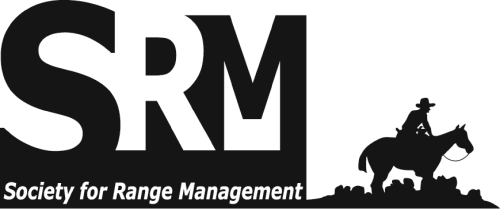The empowering of women through development agencies and community based management systems (CBMS) for sustainable use of multiple rangeland resources among the Fulani people is increasingly becoming a focal point of women right in Cameroon.�The Fulani pastoralists of the Western Highlands of Cameroon are a sub-group of the Fulbe, a wider pastoral group whose members are dispersed across Sub-Saharan Africa. They migrated and settled in the Western Highlands of Cameroon in the early periods of the 20th century at different times and migratory waves. Since their arrival in the region, they have experienced different stages of settlement transformation due to the changing socio-economic and ecological conditions influencing their nomadic lifestyle. In Fulani households, women were often relegated in most agro-pastoral task, and are only involved in the milking and selling of cow-milk alongside smaller livestock and animal products like chicken and eggs, while men are responsible for doing almost all the agro-pastoral jobs, sponsoring the cultivation of both tree, cash and food crops around their settlements. Recently, Fulani women�s involvement in agricultural activities has increased as they farm and cultivate crops alongside their male counterparts at the same scale. Despite Fulani agro-pastoral interactions with their host farming and mainstream communities, their minority position in terms of population, and nomadic lifestyles has often contrasted with native cultures and state politics in the region who still perceived them as strangers. Their marginalization was the basis for the creation of Mbororo socio-cultural development association (MBOSCUDA) by Fulani youths, which encouraged the education of Fulani children and empowering women through capacity building, development agencies and CBMS for sustainable use and management of rangeland resources. Such CBMS approaches have facilitated cross-cultural integration and empowerment of Fulani women through complementarities and mutual co-existence over shared landuse resources, and promoting Fulani economic diversification in the region.

Oral presentation and poster titles, abstracts, and authors from the Society for Range Management (SRM) Annual Meetings and Tradeshows, from 2013 forward.